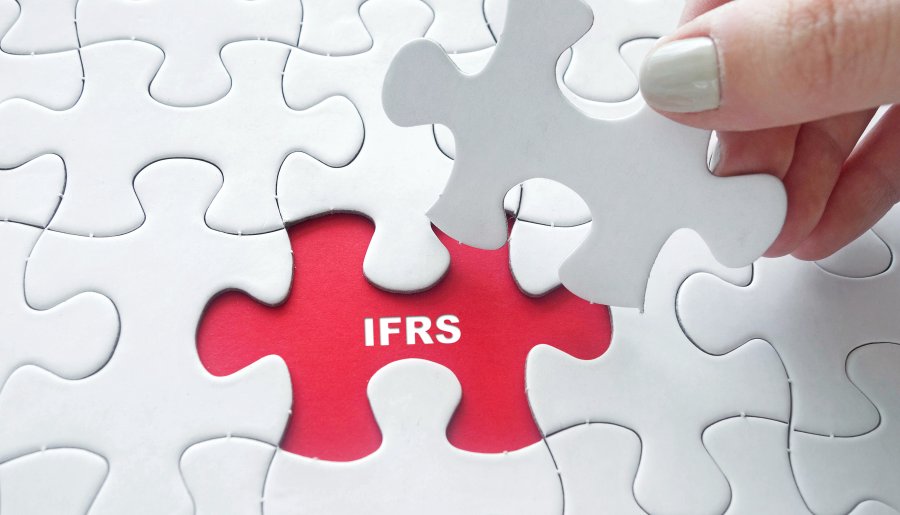This is currently also the case for the insurance industry under IFRS 4: premium debtors are recognised as premiums receivables when premiums are written and claims and expenses creditors are separately recognised as payables when incurred. This is changed with the introduction of IFRS 17
when it comes to accounting for insurance contracts.
In IFRS 17, cash flows and in particular expected future premiums and claims are to be accounted for in the insurance liability as part of the future fulfilment cash flows until they are actually received/ paid (i.e. on a cash basis) and not only until they are written or due (i.e. on an accrual basis). This means that elements that would today be separately accounted for as premiums receivables and claims and expenses payables are to be integrated with the insurance liability.
Insurers (a.o. via the European CFO Forum) have mentioned several times to the IASB (and EFRAG) that this balance sheet presentation under IFRS 17 has non-desirable effects and requires significant efforts whilst it decreases information presented in the balance sheet. However, in December 2018 it became clear that the IASB wants to maintain this presentational requirement and provided only for a slight relief, which is maintained in the 2019 IFRS 17 Exposure Draft.
In this article a solution is described by which the current accounting practice can continue while still materially complying with the IFRS 17 requirements.
Continue reading this article under Download.
Download
- Cash versus accrual based accounting under IFRS 17 .pdf • 0,05 MB

